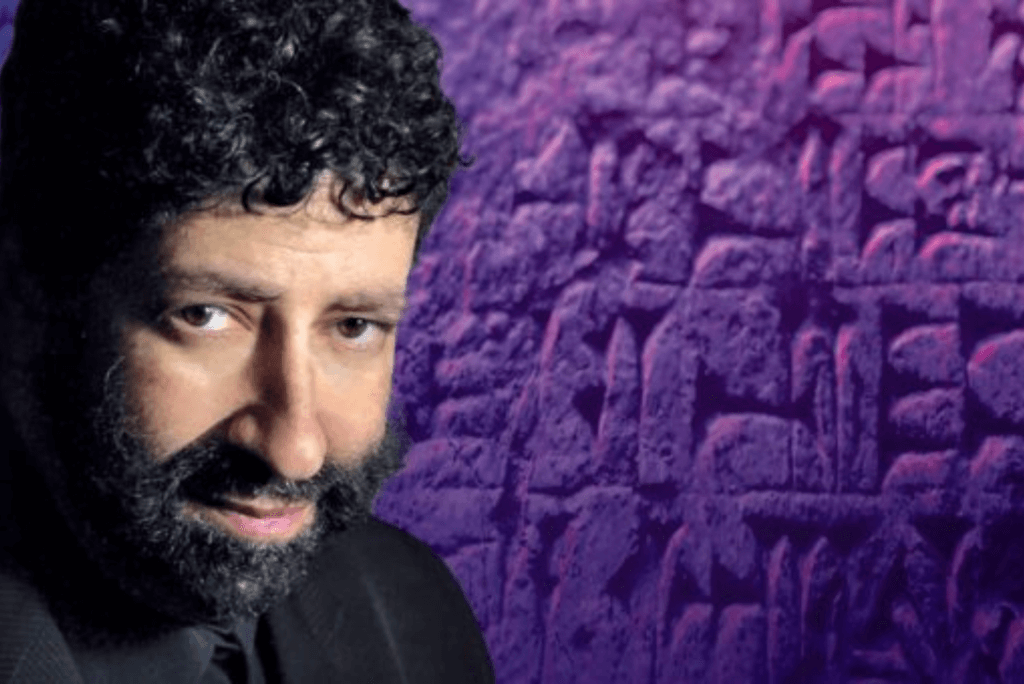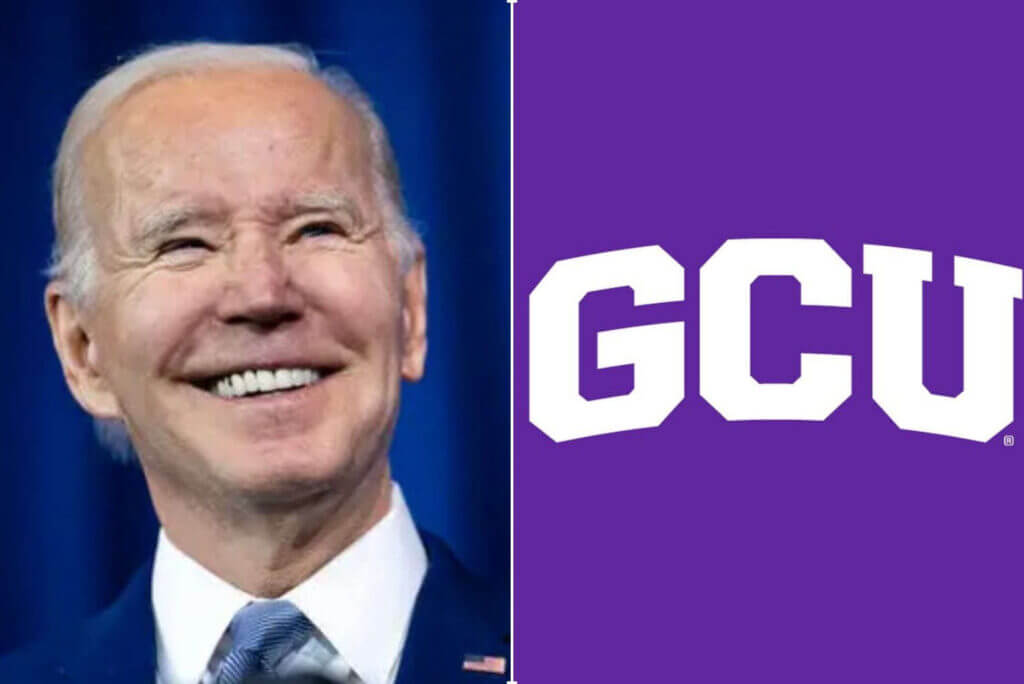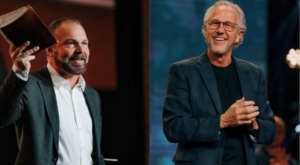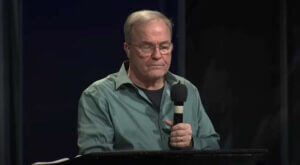A group of historic churches will defend their right to receive historic preservation grants on Tuesday, Oct. 23, at the New Jersey Supreme Court. In FFRF v. Morris County Board of Freeholders, the Wisconsin-based atheist group Freedom From Religion Foundation claims that the New Jersey Constitution forbids churches from participating in preservation grant programs available to all historic buildings.
Yet earlier this year in Trinity Lutheran, the U.S. Supreme Court protected a church’s right to participate in generally available public benefits programs, which would include Morris County’s historic preservation grant. Becket filed a friend-of-the-court brief defending Morris County’s grant program and in support of the Catholic, Baptist, Episcopal, Methodist and Presbyterian churches whose buildings have benefited from it.
According to the brief:
The Supremacy Clause of the United States Constitution provides the federal constitution is the “supreme law of the land,” notwithstanding any state laws to the contrary. Thus, under the doctrine of constitutional avoidance, this Court has long interpreted New Jersey law to avoid any conflict with federal law.
Here, however, plaintiffs seek an interpretation of the New Jersey Constitution that would violate controlling Supreme Court precedent. Just three weeks ago, the United States Supreme Court held that excluding an otherwise eligible religious organization from a public benefits program solely because of its religious status “is odious to our Constitution … and cannot stand.”
The implications of Trinity Lutheran for this case and ACLU v. Hendricks are clear: government cannot exclude religious organizations from neutral grant programs without surviving strict scrutiny under the Free Exercise Clause of the United States Constitution. In Trinity Lutheran, Missouri’s Department of Natural Resources offered reimbursement grants to public and private schools, nonprofit day cares and other nonprofit entities that resurfaced their playgrounds using recycled shredded tires.
But Missouri interpreted its constitution to require it to “categorically disqualify” churches and other religious organizations from its public benefits program. Even though Trinity Lutheran Learning Center ranked fifth out of 44 applicants and would have otherwise received funding, its application was rejected solely because it is a church.
The Supreme Court held that the department’s policy “expressly discriminates against otherwise eligible recipients by disqualifying them from a public benefit solely because of their religious character.”
Such discrimination “imposes a penalty on the free exercise of religion that triggers the most exacting scrutiny.”
The Court rejected the government’s argument that there was no serious burden on the free exercise of religion where the state merely denied a subsidy that it “had no obligation to provide in the first place,” and did not directly punish any religious act.
As the Court explained, “the Free Exercise Clause protects against ‘indirect coercion or penalties on the free exercise of religion, not just outright prohibitions.'” Just because a religious institution is free to continue operating as a religious institution, that freedom cannot come “at the cost of automatic and absolute exclusion from the benefits of a public program for which the [religious organization] is otherwise fully qualified.”
Conditioning the availability of a benefit “upon [a recipient’s] willingness to … surrender his religiously impelled [status] effectively penalizes the free exercise of his constitutional liberties.” The Court found that Trinity Lutheran was not claiming “any entitlement to a subsidy,” but rather “a right to participate in a government benefit program without having to disavow its religious character.”
Moreover, the “express discrimination” at issue there was “not the denial of a grant” but instead “the refusal to allow the church—solely because it is a church—to compete with secular organizations for a grant.”
The grant program at issue in this case (and in the accompanying case ACLU v. Hendricks) is governed by Trinity Lutheran. Here, Morris County’s historic preservation grant program is a generally available public benefit whose recipients are selected through a competitive grant application process based on secular criteria and which is open to “all historic sites within the State” without reference to religious status.
The grants “are limited to preservation of exterior building elements and the buildings’ structural, mechanical, electrical, and plumbing systems.”
The grants are released only after the work has been completed. The only relevant difference between the historic preservation grant program and the program in Trinity Lutheran is that Morris County has done the right thing: It has not excluded religious organizations merely because of their religious status.
FFRF’s lawsuit attempts to change that—seeking precisely the result forbidden in Trinity Lutheran. FFRF argues that Article I, Section 3 of the New Jersey Constitution forbids historic preservation grants to churches and requests that this Court require a policy equivalent to Missouri’s “absolute exclusion” of churches.
FFRF “contends that … the New Jersey State Constitution prohibits use of government funds … if those funds would be paid to any church, places of worship or ministry.” But the Trinity Lutheran Court characterized that forbidden path as a “strict and express policy of denying grants to any applicant owned or controlled by a church, sect, or other religious entity.”
In short, FFRF requests a policy of “No churches need apply.” Even before Trinity Lutheran was decided, the court below in Morris County correctly rejected this argument and interpreted Article I, Section 3 to avoid violating the federal Free Exercise Clause. It upheld the historic preservation grant program because “[e]xcluding historical churches from receipt of reimbursements available to all historical buildings would be tantamount to impermissibly withholding of general benefits to certain citizens on the basis of their religion.”
In so holding, the court interpreted Article I, Section 3 in light of this Court’s decision in Resnick v. East Brunswick Township Board of Education, 77 N.J. 88 (1978). In Resnick, this Court held that under Article I, Section 3, religious groups must be permitted to rent space in public school facilities— even if the public space would be used by the religious groups for religious education.
This analysis continues to be required by Trinity Lutheran. This Court must consider the Free Exercise implications of its decisions. Here, to withhold the historic preservation grants from only churches—as FFRF asks this court to do—would be to “impose a penalty on the free exercise of religion” that should be avoided with the proper constitutional interpretation.
The force of Trinity Lutheran’s holding applies equally in Hendricks. In that case, the ACLU has challenged a series of New Jersey state higher education grants given for capital improvements at both religious and nonreligious schools.
The grants were awarded based on neutral criteria without reference to religion. Again, the Trinity Lutheran was issued after briefing concluded in ACLU v. Hendricks. Because Trinity Lutheran has direct application to this court’s decision in Hendricks, Amicus addresses the facts in Hendricks, too. The only relevant difference between the higher education grant program and the program in Trinity Lutheran is that in Hendricks, New Jersey did the right thing: it awarded grants to Princeton Theological Seminary (the Seminary) and Beth Medrash Govoha (the Yeshiva) on the same terms as nonreligious schools.
But again, like FFRF, the ACLU attempts to change that—seeking precisely the result forbidden in Trinity Lutheran. Before Trinity Lutheran was decided, the Hendricks panel held that under Resnick, Article I, Section 3 forbids grants to the Seminary and the Yeshiva because of their “sectarian nature.” But Trinity Lutheran rejected precisely that sort of “express discrimination” based on “religious character.”
To deprive the Seminary and the Yeshiva of the grants solely because of their “religious character” would be to “impose a penalty” on their belief, “put[ting] them to the choice between being a [religious organization] and receiving a government benefit.” That is precisely what Trinity Lutheran forbids. Resnick is not to the contrary.
It explicitly did not decide “a case involving some form of public assistance (e.g., scholarships) made available generally without regard to the sectarian-nonsectarian, or public-nonpublic nature of the institution benefitted.” The best interpretation of Resnick is that the grants in Hendricks constitute a form of generally available public assistance that is permissible for churches under New Jersey’s Constitution. To the extent, however, that Resnick “does require that religious organizations be singled out” for disfavor, it has been overruled by Trinity Lutheran.
The hearing beings Oct. 23, 2017 at 10 a.m.
See an error in this article?
To contact us or to submit an article



















